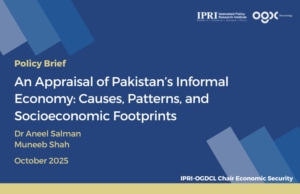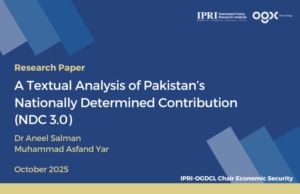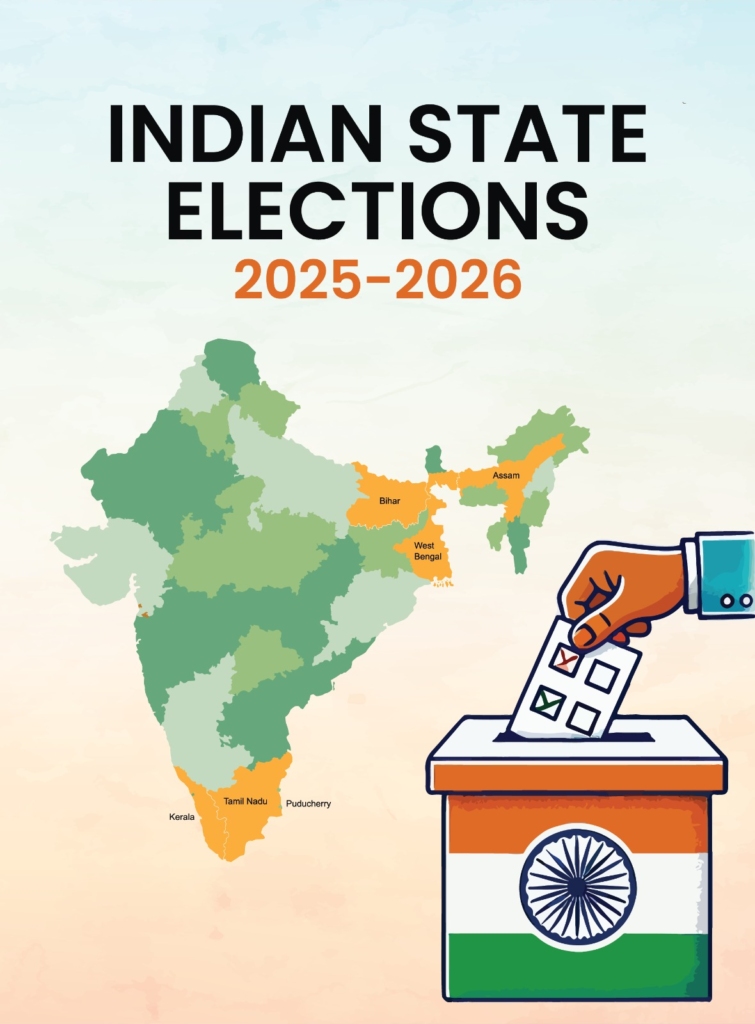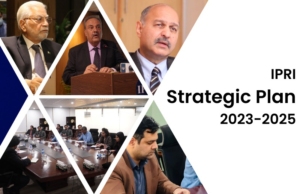



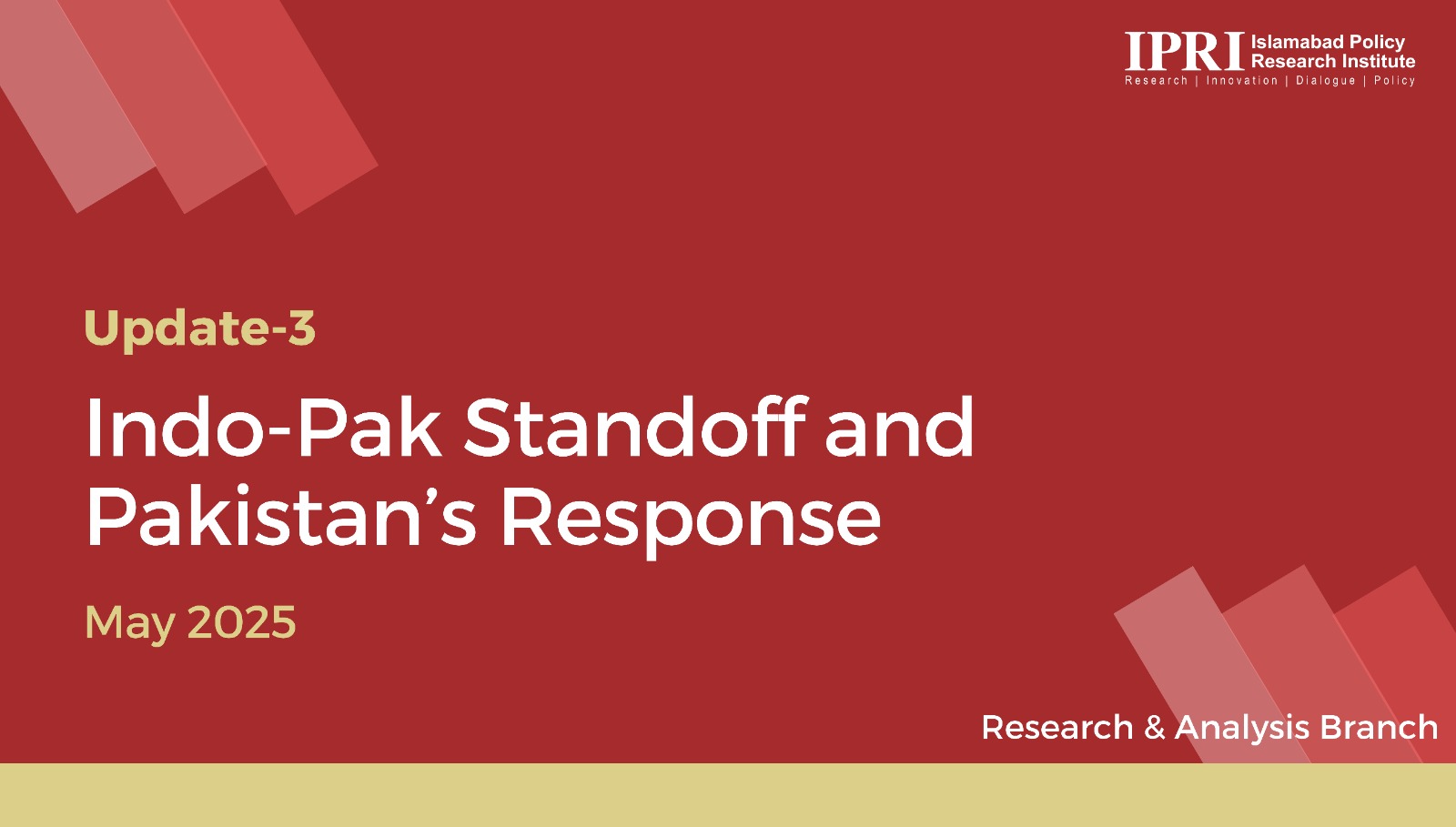







IPRI Journal:
Kashmir Factsheet 1947-2021:
Kashmir
Factsheet
1947-2021:
Indo Pak situation updt
MD 24

IPRI Jornal:
Interactives
Video Products
Featured

India Resumes Direct Flights To China Amid Thaw In Ties And Shifting Geopolitics
Amna Ejaz Rafi
21/10/2025
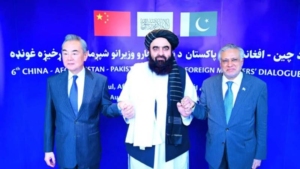
How China’s Engagement In Afghanistan Signals A Shift Towards Development
Amna Ejaz Rafi
29/08/2025

Why Pakistani Dramas Deserve A Global Stage
IPRI
20/08/2025

South Asia’s Prospective Future
Amna Ejaz Rafi
20/08/2025

